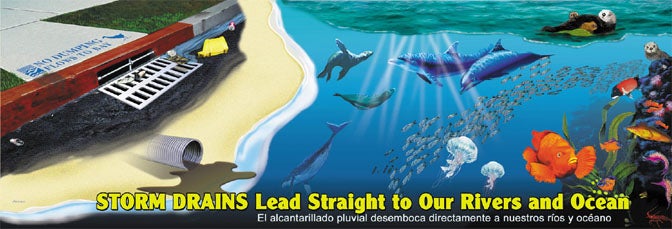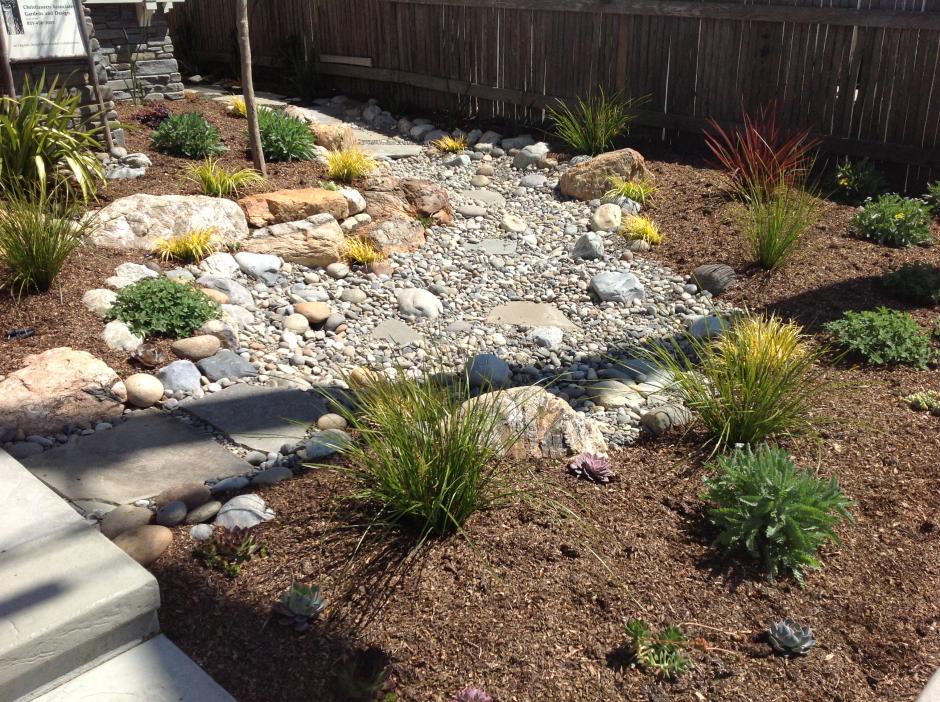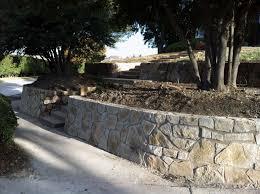Storm Water Requirements
Did you know that Carmel Bay is designated as an Area of Special Biological Significance (ASBS) and a Marine Protected Area? That means there are additional requirements to protect water quality in Carmel.
Dumping any pollutants, including wash water, paint, oil, sediment and trash, into the gutter or the storm drain system is ILLEGAL. Only rain water and non-polluted groundwater should go into the storm drain. Please do your part to protect local waterways!
Take a photo and call (831) 620-2078 if you witness an illegal discharge.
Storm drains in the City flow directly into our creeks and ocean without any treatment, so it is critical to keep stormwater pollutant free. Visit the Monterey SEA website to learn more about steps residents and businesses can take to protect water quality.
Love Your Storm Drains
The Monterey Stormwater Education Alliance (Monterey SEA) helps place storm drain emblems on storm drains throughout the Cities of Carmel-by-the-Sea, Monterey, Del Rey Oaks, Pacific Grove, Sand City, and Seaside, as well as the County of Monterey. You can help report storm drains that are missing an emblem by completing the form found at this link:
Report the location of a missing storm drain emblem

Explore storm water requirements below. The City also conducts monitoring to track and better understand sources of pollutants.
Regional First Flush Monitoring Report
Carmel ASBS Monitoring Report (2022)
New Development Requirements
The Carmel Municipal Code requires that development and construction projects are designed to primarily manage storm water on the site of origin.
Check out the Homeowner's Guide to Greener Drainage Design and the to learn more about how you can improve the design of your residential drainage and more details on private residential drainage requirements.
For commercial projects creating or replacing over 5,000 SF of impervious area (building and site coverage), please review the Monterey Regional Stormwater Technical Guide for more information on how to meet our Post-Construction Stormwater Requirements.
Construction Requirements
Carmel Bay is an Area of Special Biological Significance which requires special attention to prevent chemicals, debris, silt, and other contaminants from entering the Bay.
Construction projects that involve excavation, grading, paving, painting and other operations that may impact the environment are required to utilize Construction Best Management Practices (BMP’s). A BMP sheet must be submitted with development plans for projects that involve ground disturbance.
Where projects are subject to construction BMP requirements, applicants are required to schedule a pre-construction site visit by the Building Inspector and Environmental Compliance Manager to ensure proper installation of BMP’s.
During the rainy season, October 1st through April 30th, City staff conduct weekly inspections of BMP installations, with additional inspections conducted when significant rainfall is in the short-term forecast.
Commercial Requirements
Your business can be part of the solution to prevent stormwater pollution. Follow these simple good housekeeping practices to keep your business in compliance and help improve water quality in our local waterways:
- Prevent leaks and spills from getting into storm drains
- Keep dumpster areas clean and lids closed
- Prevent leaves and garden chemicals from washing into storms drains
- Keep the outside of your facility free of litter
- Label and inspect storm drain inlets
- Prevent wash water and other pollutants from flowing into storm drains
- Recycle fluorescent lamps, batteries, and electronics
- Educate and train employees and contractors
The City partners with the Carmel Area Wastewater District to conduct annual inspections at commercial food service businesses to inform business owners and to ensure that impacts to the storm drain system are minimized.
Residential Requirements
In order to protect the sensitive ecosystem of Carmel Bay, no water or fluids should get into the storm drainage system during dry weather. Residents can help by:
- Washing cars in a landscaped area or at the car wash to avoid runoff into the street.
- Adjusting landscape irrigation to avoid over-watering.
- Cleaning driveways, patios and other outside surfaces by sweeping or blowing them with a leaf blower, rather than washing them down with water.
- Never dumping paint, anti-freeze, motor oil or any other substance down a storm drain. Remember, in Carmel they all “flow to the sea.”
- Following best practices when power washing such as using dry cleanup methods whenever possible, avoiding using soap, directing waste water to landscaping and disposing of hazardous materials properly.
Trash Requirements
The City operates its storm drainage system under a National Pollutant Discharge Elimination System (NPDES) permit administered by the State. There are many regulations associated with this permit, including the requirement that the City capture all trash entering its storm drain system by 2030. See the reports below for how the City and other local municipalities plan to comply with these requirements.


